Join us
Join us as we reimagine a greener, more inclusive future for Nigeria and beyond.
Together, we can build a legacy of environmental stewardship and social equity
Friends of the Environment (FOTE) was founded in 1993 with a mission to address the environmental challenges facing communities across Nigeria.
Over the years, FOTE has been committed to creating sustainable solutions that improve lives, focusing on the interconnectedness of environmental health, economic growth, and social well-being.
While the need for environmental conservation remains at the heart of our work, we understand that true progress is not just about protecting nature but about empowering people—especially women and youth—to take part in shaping their own futures.
At FOTE, we focus on practical solutions that provide immediate benefits to people, such as clean energy alternatives, waste management systems, and sustainable agricultural practices.
By fostering access to cleaner energy sources like LPG and solar power, we reduce the burden on families, particularly women, who traditionally bear the responsibility for cooking and energy provision.
These efforts not only mitigate climate change but also open up new opportunities for economic empowerment, healthier communities, and sustainable livelihoods. Our goal is to make sustainability relatable and tangible—ensuring that environmental initiatives lead to real, positive change in the everyday lives of Africa’s most vulnerable populations.
Through advocacy, education, and innovative projects, we work to raise awareness about the co-benefits of environmental sustainability, supporting women and youth as drivers of change.
FOTE is committed to building a greener, more resilient Africa where environmental responsibility goes hand in hand with economic development and social equity.
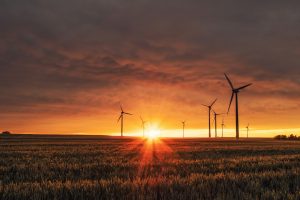
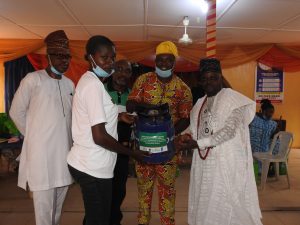
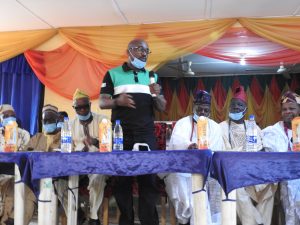
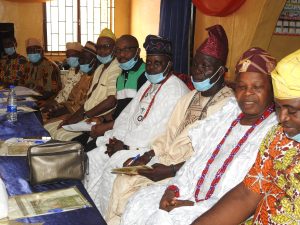
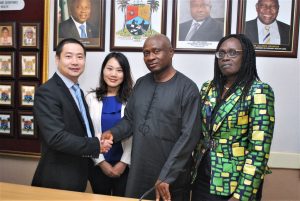
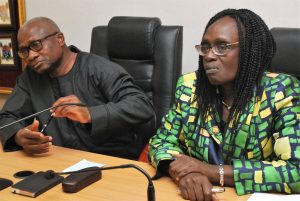
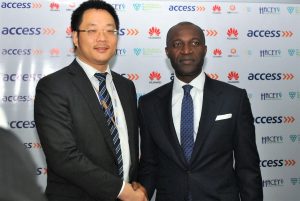

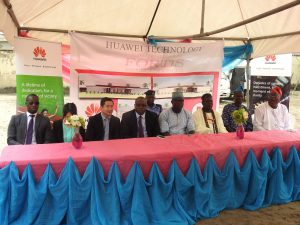
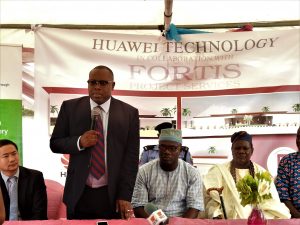
Join us as we reimagine a greener, more inclusive future for Nigeria and beyond.
Together, we can build a legacy of environmental stewardship and social equity
FRIENDS OF THE ENVIRONMENT NIGERIA
©2025 ALL RIGHTS RESERVED.